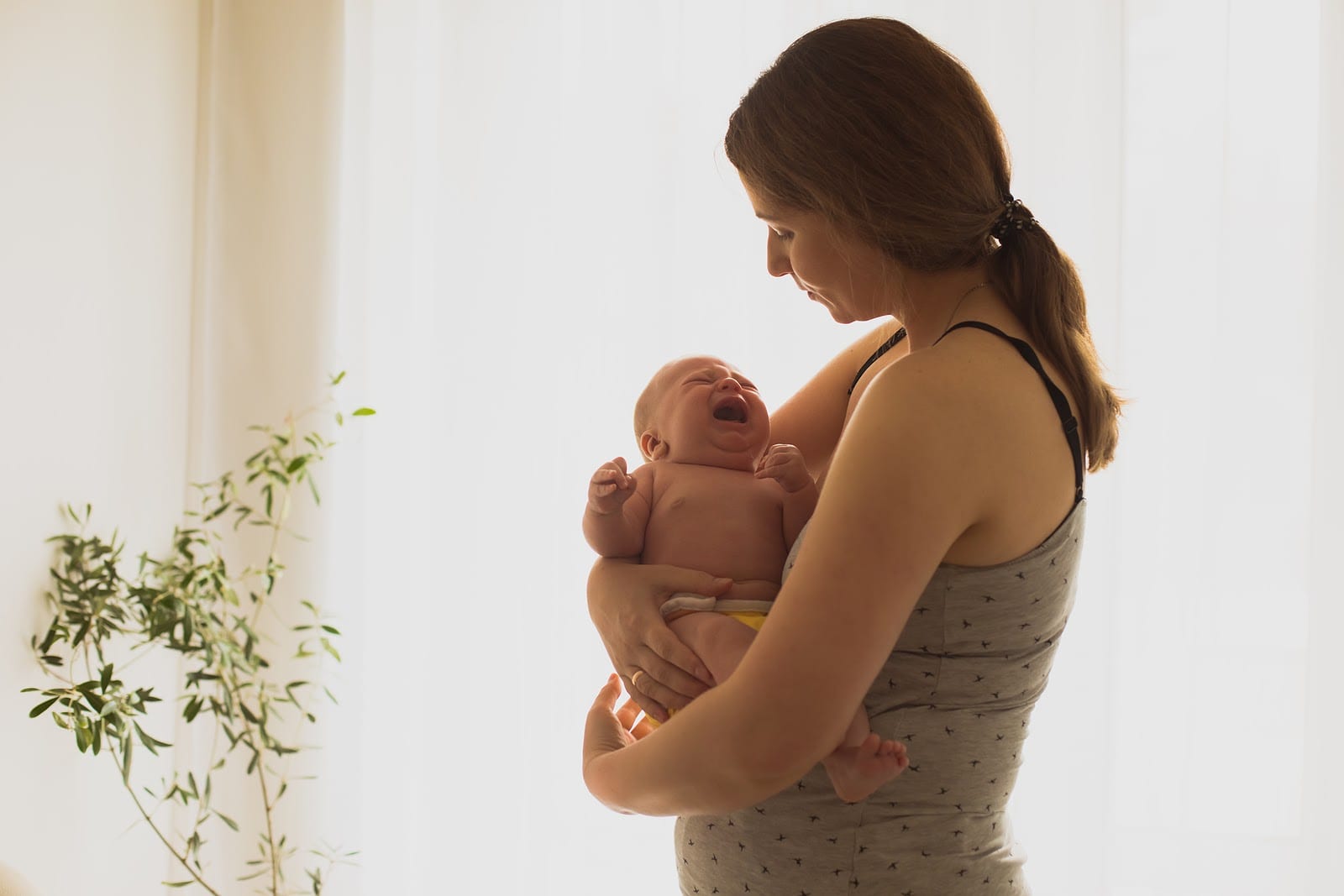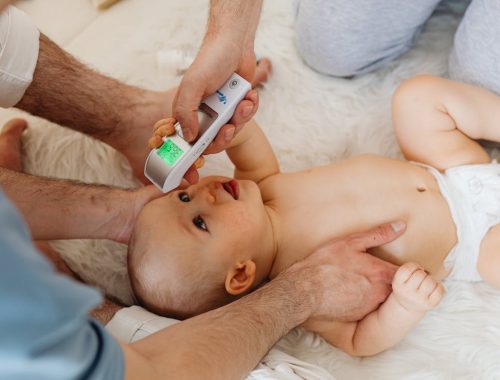
Baby Blues, an Episode of Malaise After Pregnancy
After many months of pregnancy, the birth of a child is a relief for the pregnant woman. She can finally rest and hold her baby in her hands. However, the process does not end there. Although it is a time of joy and fulfillment, it should be noted that most women undergo a terrible episode of depression after the birth of their child. This is called baby blues. What should we remember? Here is the essential information on this subject!
Baby Blues: Definition
Still called depression or 3rd-day syndrome, baby blues is a moment of mild depression that affects about 60 to 70% of women who have given birth. Generally, this episode occurs on the third day after the baby’s birth. For some women, it happens on the fifth day. During this period, the mother begins to cry for no good reason. She is under a lot of stress and anxiety. She asks herself many questions and has trouble sleeping.
The Duration of Baby Blues
Fortunately, this emotional storm of upheaval does not last forever. In fact, for some lucky women, baby blues last only 24 or 48 hours. However, sometimes it can last longer. Some moms can experience this depression for a whole week. After a few days, the baby blues disappear on its own without any intervention.
On the other hand, it should be noted that this depression can last much longer. When this happens, it is recommended that you seek professional help. This could be a sign of more severe depression. Therefore, it is necessary to consult a professional to determine the causes and quickly combat this unpleasant moment.
The Symptoms of Baby Blues
To find out if you or a loved one is suffering from baby blues, you can look at some details. Before going any further, it’s important to note that symptoms can vary from one mother to another. In addition, you need to be very careful to detect them, because some young mothers prefer to hide it. Nevertheless, certain signs such as fatigue are not misleading. Of course, after 9 months of pregnancy and childbirth, it is normal to observe fatigue in a new mother. However, in the case of baby blues, it is total exhaustion that is quite impressive.
In addition to fatigue, it should be noted that baby blues is manifested by insomnia. The mother has difficulty finding sleep, and this sometimes makes her aggressive.
Crying for no good reason is a prevalent symptom. The mother suffering from baby blues doubts herself a lot. She thinks she cannot take care of her child and has panic attacks. This is a time when new mothers are vulnerable. You need to be there for them to help them through this phase of their lives.
Probable Causes of Baby Blues
Many people do not fully understand the reasons for such an episode of sensitivity, irritability, and depression. Indeed, the causes can be multiple, but it should be noted that it also depends on the young mother’s living environment. Nevertheless, one of the first reasons for baby blues is fatigue. Between the 9 months of pregnancy, childbirth, and the first difficult nights, fatigue sets in quickly, and it can quickly turn into depression.
Hormonal changes also explain the onset of baby blues. The sudden drop in progesterone levels directly impacts morale, feelings, and sleep.
It should also be noted that the pressure of visits from relatives and solicitations from all sides are also at the root of baby blues.

Solutions to Better Manage This Episode of Depression
To overcome this depressive episode, you must put communication at the forefront. Don’t hesitate to talk about your worries to those around you or to other mothers to get all the support you can. When you feel overwhelmed, consider delegating responsibilities. It is also essential to focus on your well-being by giving yourself time to relax.
You May Also Like

Choosing a Baby Thermometer: A Guide for Parents
2023-05-31
How To Manage Stubborn Kids?
2022-02-14

